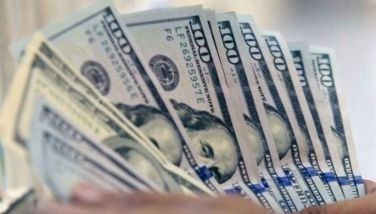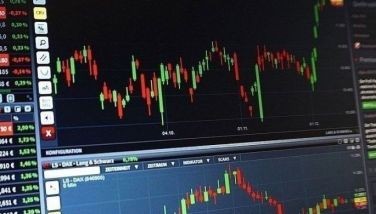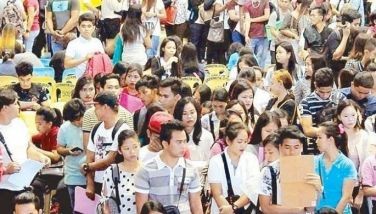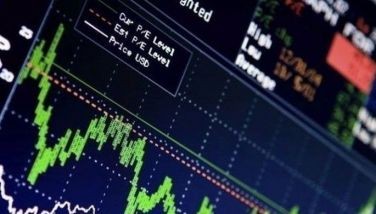Economist urges calibrated moves for cheaper peso
MANILA, Philippines - A cheaper peso, not an expensive one compared to the US dollar, is best for the health of the economy, University of the Philippines economics professor Raul Fabella said in a forum yesterday.
He said he came to this conclusion after studying the monetary policies of other nations, while another speaker, University of Asia and the Pacific economics professor Victor Abola, supported at the same conclusion studying the Philippine experience.
Most central bankers in vibrant economies in Asia maintain cheap local currencies against the dollar as a core national development strategy, Fabella said.
Asked during the open forum how a cheaper peso benefit the families of OFWs, he said in the coming holiday season when an OFW family spends the dollar sent from abroad, P45 in exchange to one dollar can buy much more than a more expensive P40 to the dollar. If the exchange rate is made P50 to the dollar, that is a big P10 additional peso income for every dollar earned by an OFW.
Making the peso cheaper, he said, will protect local industries from the onslaught of imports without the need for any administrative expense on the part of government, but steered clear of supporting a devaluation of the peso.
He explained that with the Bangko Sentral ng Pilipinas (BSP) awash with $75 billion in dollar reserves and P1.7 trillion in special deposit accounts (SDA) parked at the BSP by private banks, both accumulated when the dollar, compared to the peso, has become very cheap, he will not be surprised if any policy maker will listen to him.
He recalled that in 1994, he and other prominent economists Benjamin Diokno and Cayetano Paderanga, floated the same idea to then Senate President Edgardo Angara.
Besides, Fabella doubts if the country’s central bankers are willing to do what the Swiss did two months ago when their central bank pegged the Swiss frank to the euro, then devalued the local currency.
Fabella suggested, instead, that a calibrated series of policy decisions to allow the peso to weaken against the dollar.
First move is for the BSP to announce it is regulating the inflow and outflow of foreign portfolio investment. Next move is for the government to stop altogether borrowing abroad. Instead, it will borrow from the huge reserve and SDA deposits held by the BSP.
The money borrowed from the BSP must only be used for critical infrastructure projects like base load power plants and modernization of seaports and airports.
All borrowings, he said, must be sourced locally.
The twin moves may stabilize the peso at the vicinity of 45 to the dollar.
- Latest
- Trending


























